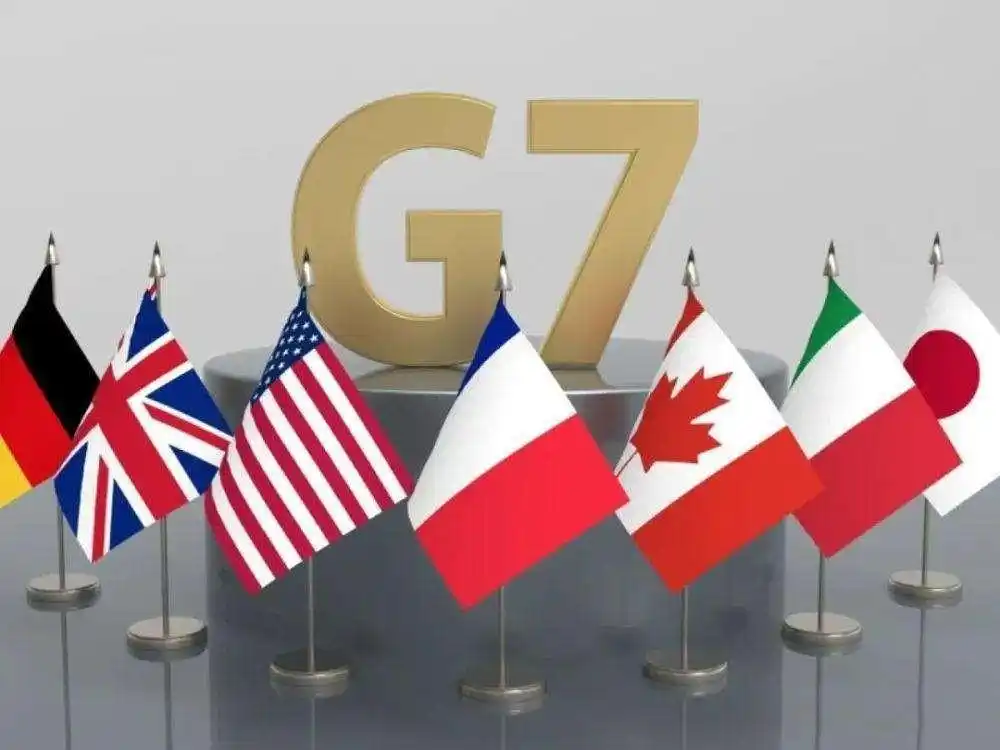As former U.S. President Donald Trump continues to undermine America’s longstanding security commitments to Europe, the European Union is stepping up efforts to establish closer defense relations with key allies within the Group of Seven (G7).

According to informed sources, the EU is planning to conclude a defense and security cooperation agreement with Canada later this month. The agreement is expected to pave the way for Canadian companies to participate in a newly created EU defense fund aimed at transforming the European defense industry.
In addition, the EU plans to hold a summit with Japan in July, during which it will seek to strengthen its existing security agreement with Tokyo.
Canada and Japan are both members of the G7. Apart from the United States, the remaining four G7 members— the United Kingdom, France, Germany, and Italy—are European countries. France, Germany, and Italy are also members of the EU and represent its core leadership.
As Trump challenges the security framework that has underpinned Europe’s stability for more than 70 years, the EU is working to establish a more diversified system of defense cooperation.
During his first term, Trump threatened to withdraw from NATO, citing dissatisfaction with what he deemed insufficient defense spending by its members, particularly European nations. More recently, he has stated that if certain allies failed to meet defense spending targets, he would “allow Russia to do whatever it wants” to them.
In light of Trump’s hostile stance on NATO and his pro-Russia leanings in the context of the Ukraine conflict, the EU has found it necessary to enhance its own defense posture and strengthen ties with alternative allies.
To this end, the EU is establishing a joint fund known as the “European Defence Facility,” which will provide up to €150 billion in loans to member states for defense investments. The mechanism also aims to assist member states in consolidating defense requirements and jointly procuring military equipment, thereby reducing reliance on the United States.
In May this year, the EU reached a security and defense agreement with the United Kingdom, which allows British participation in the European Defence Facility.
On June 23, the EU and Canada are scheduled to hold a summit in Brussels, where they are expected to finalize a defense agreement similar to the one concluded with the UK.
As with the UK, the forthcoming agreement will enable Canadian companies to take part in the European Defence Facility.
Meanwhile, the upcoming bilateral summit between the EU and Japan will focus on deepening the defense agreement signed at the end of last year.
Beyond defense cooperation, the EU is also eager to bolster economic ties with both G7 allies.
Notably, cooperation with Japan appears to be progressing more rapidly. A new framework under discussion aims to consolidate existing bilateral initiatives covering economic security, supply chain resilience, and industrial competitiveness. Negotiators are still in talks to finalize the content and structure of the agreement.
